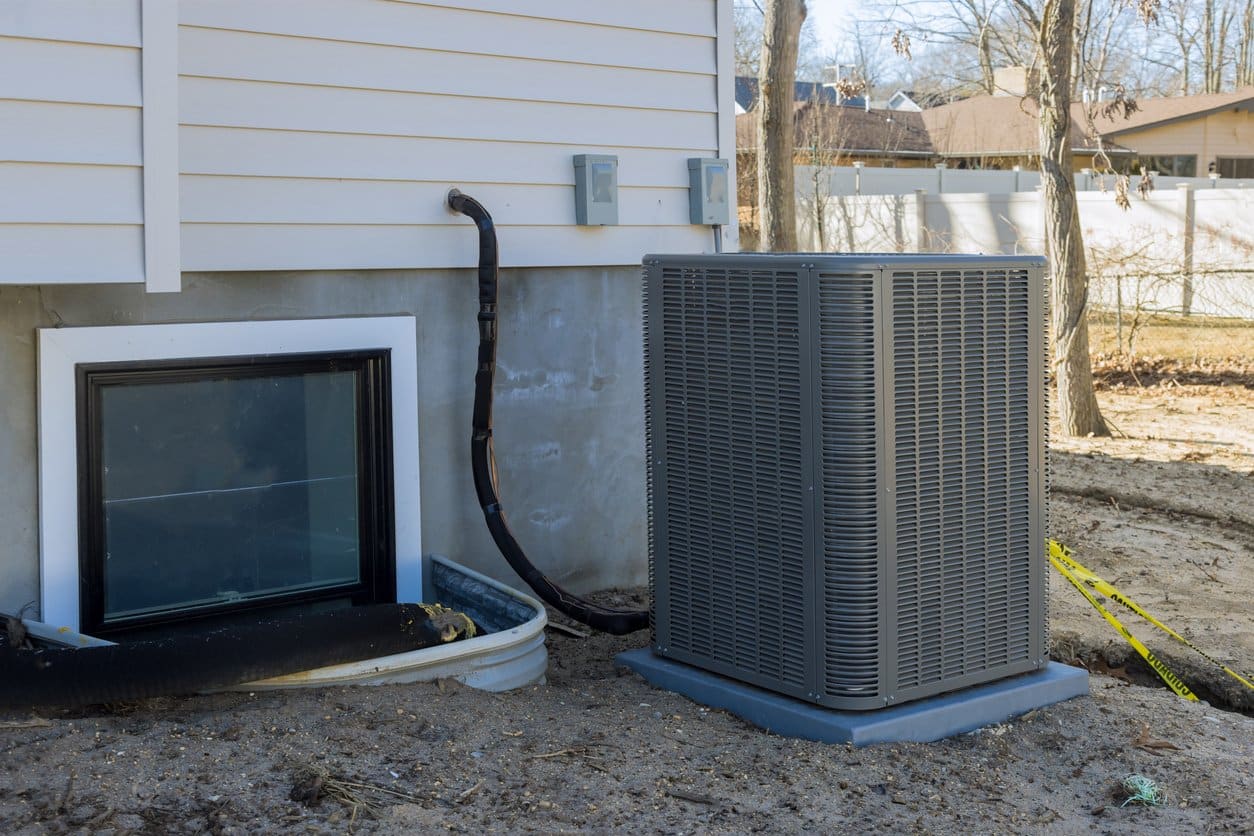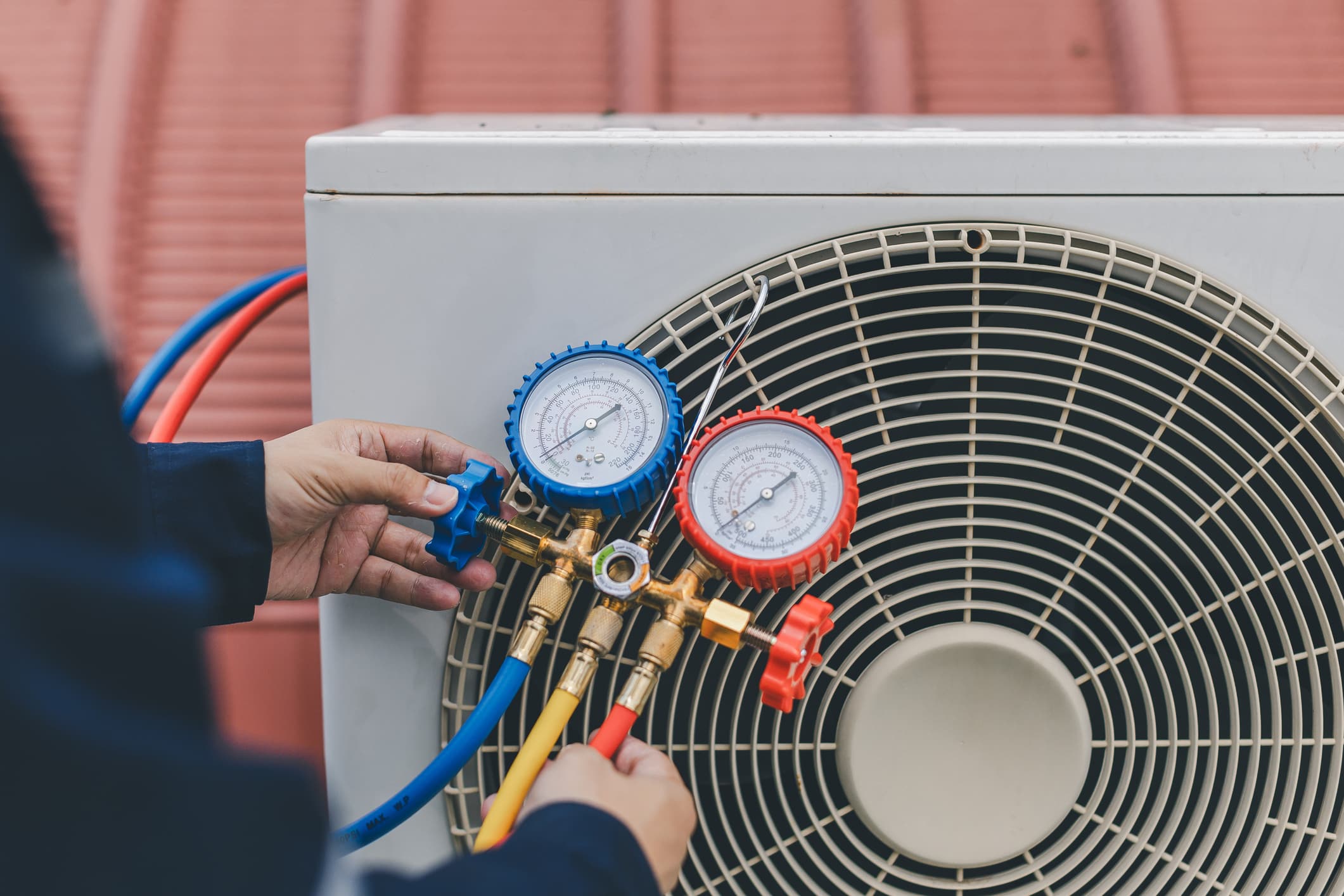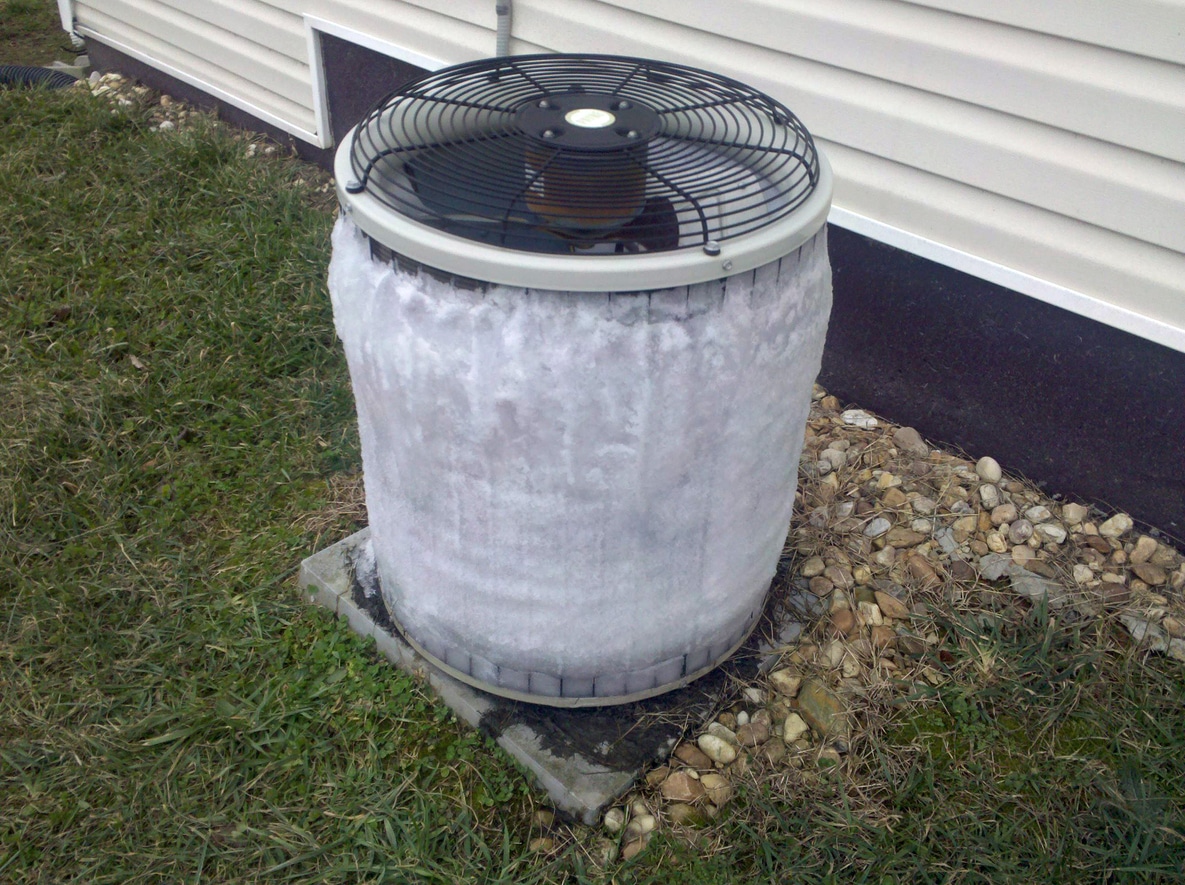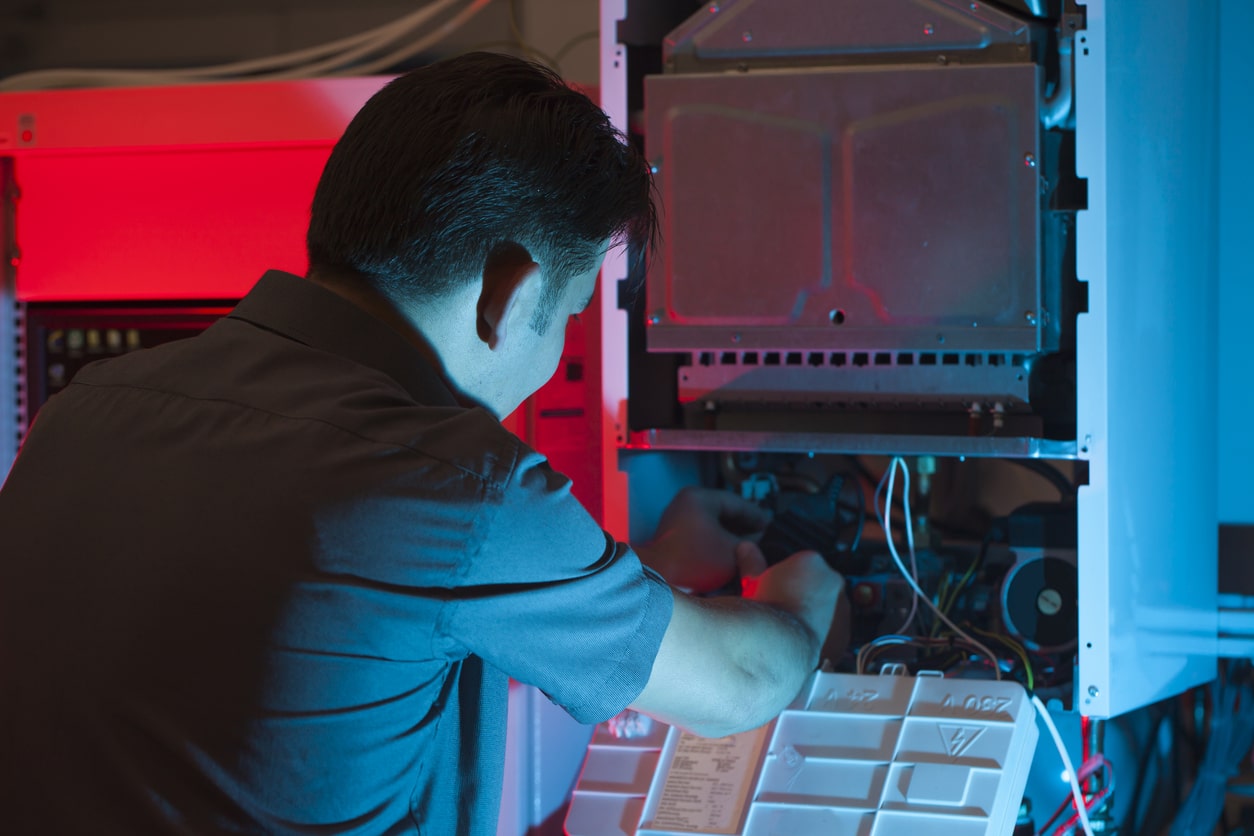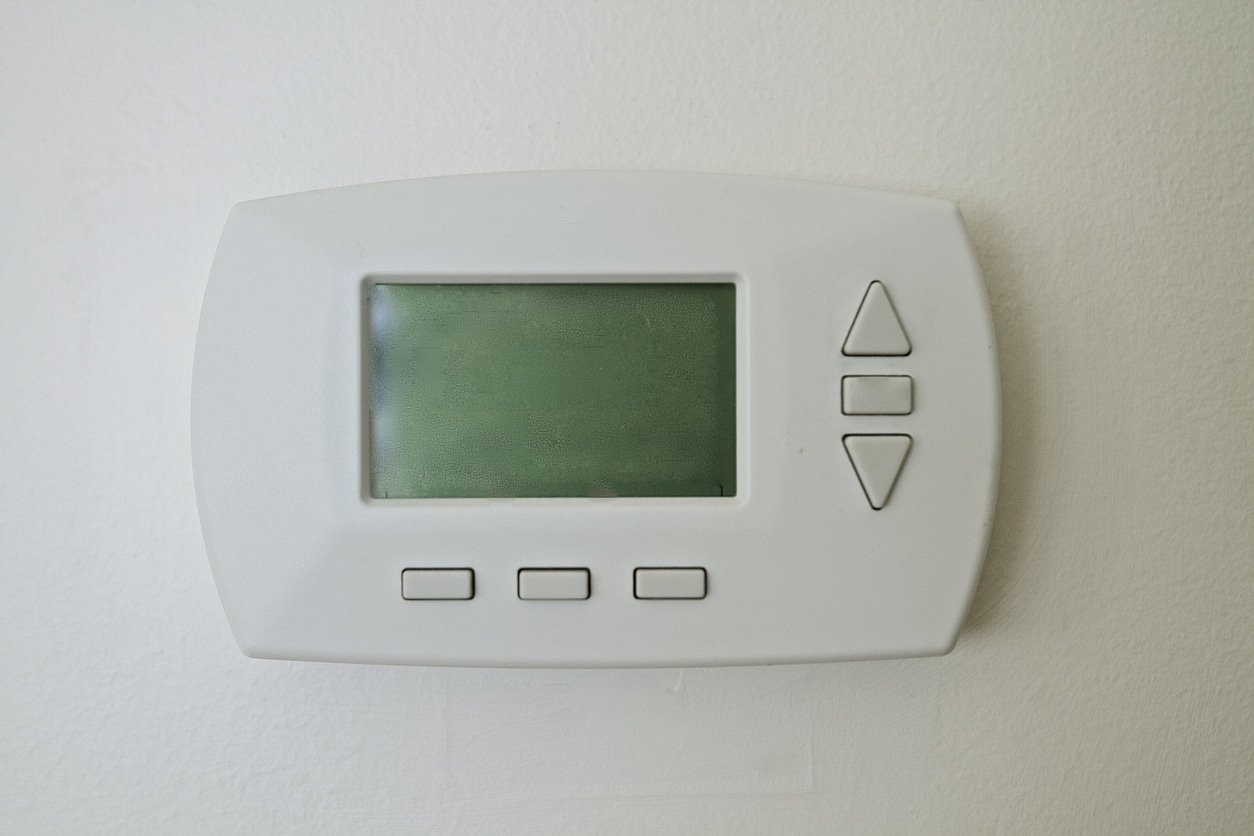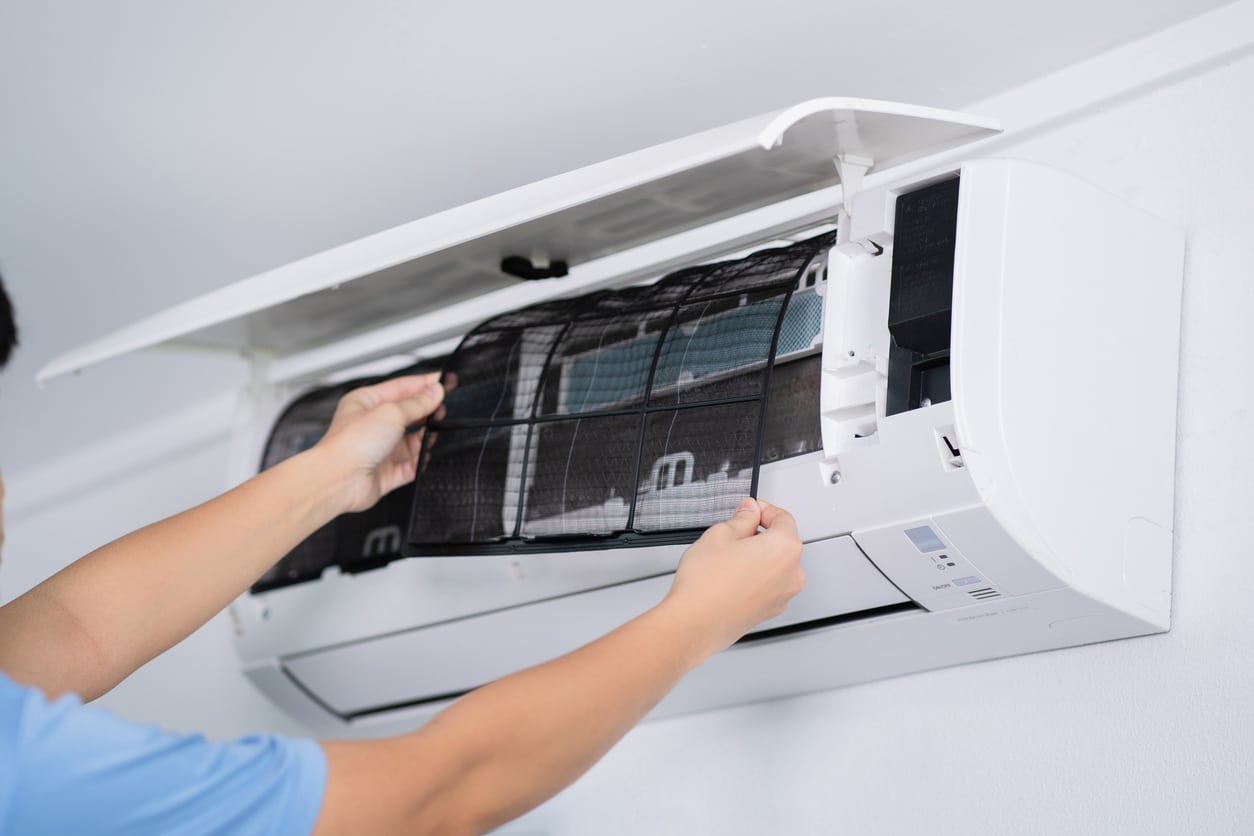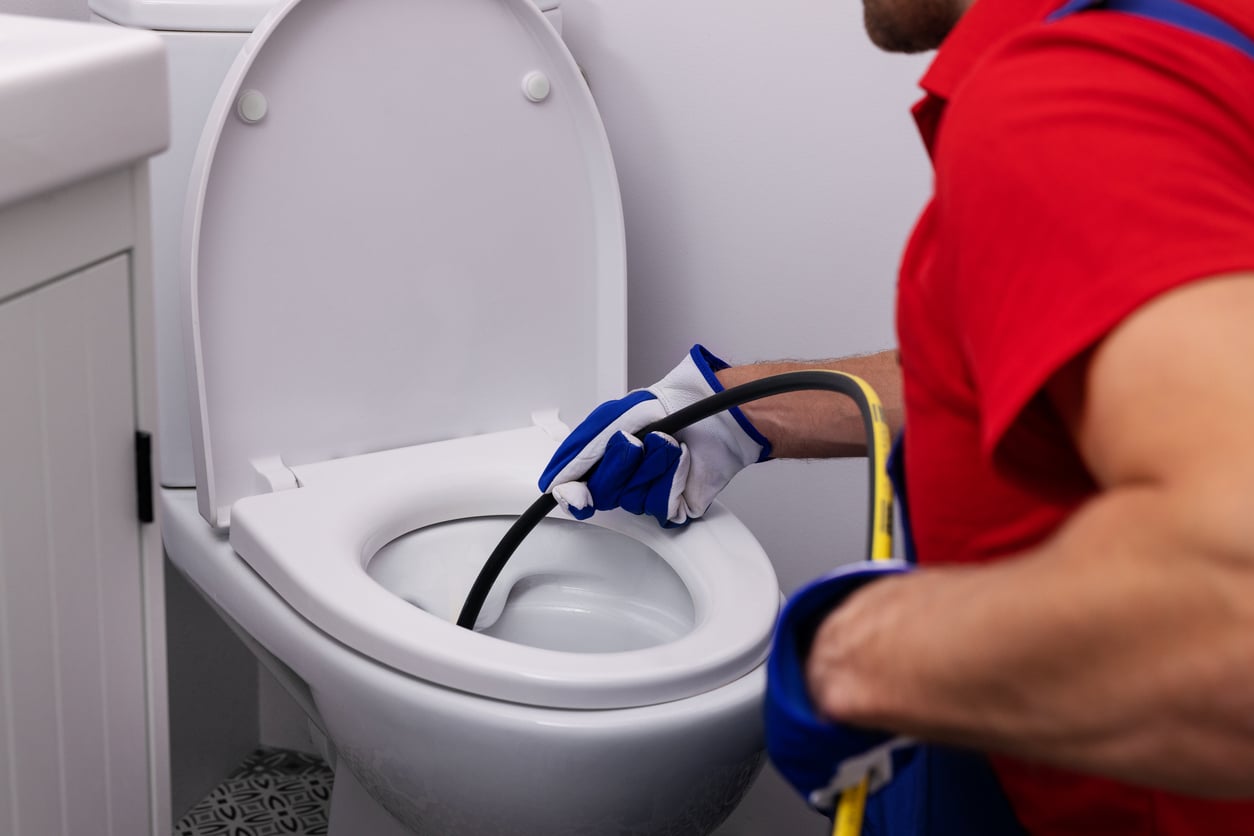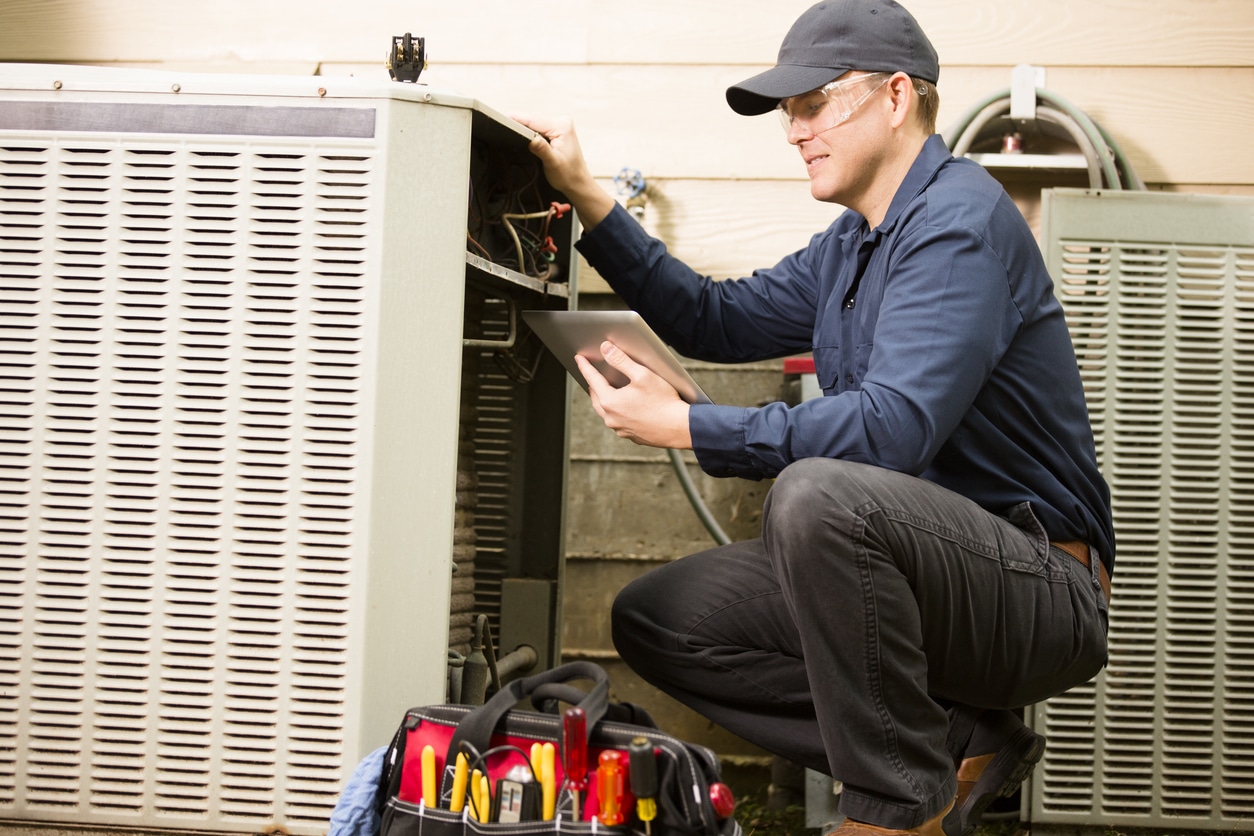If you don’t already know it, Freon is on its way out. The refrigerant was used in older air conditioners, but it’s no longer manufactured in the US. Years ago, scientists discovered that Freon was bad for the environment. Not long after that, Freon was blacklisted. Several countries, including the US, agreed to phase out Freon. If you have a Dundalk AC system with Freon, you might have a few questions. One of those questions is probably regarding the lifespan of the refrigerant – how long will it actually last? Learn more about the lifespan of Freon and whether or not you need a new HVAC installation to kick Freon to the curb.
How Long Does Freon Last?
In theory, refrigerant in an air conditioner should never run out. The refrigerant cycles through a closed system, and never evaporates or burns out. For every cooling cycle, the refrigerant moves through the refrigerant lines and coils and never depletes.
However, your refrigerant won’t last forever. The system might be closed, but the tubing that holds your refrigerant won’t always be intact. As time passes, the tubes wear out and leaks can form. Even the smallest of leaks causes refrigerant to disappear, and this has a profound impact on your air conditioner.
As your refrigerant levels decrease, your AC starts to become less efficient. It will eventually stop working. This could happen before the Freon runs out, so your question may be irrelevant. Rather than asking how long Freon lasts, you should ask how long it will be before your air conditioner fails you.
Do You Have Low Refrigerant?
To find out if you have low refrigerant, you can ask a heating and air conditioning service near me to inspect your system. Part of a regular inspection is checking the refrigerant. But, even before you call a professional, you may be able to tell if you have low refrigerant levels.
One of the most common signs of low refrigerant is a high electric bill. After your refrigerant begins to run low, your air conditioner needs to work extremely hard to cool your home. The result is an energy bill that makes your jaw drop. If you can’t think of another reason for your high AC bill, you should call a professional to check your refrigerant.
Another sign of low refrigerant is an AC that blows hot air. If you stand in front of your air conditioner, you should feel cool air. But this isn’t always the case. Although there are other reasons for an air conditioner to blow hot air, one of the most common reasons is low refrigerant.
Other Signs of Low Refrigerant
If you have low refrigerant, you might also have the following issues:Heavy condensation
Frost or ice on your AC coil
Hissing or bubbling coming from your refrigerant lines
Although these might seem like obvious signs of trouble, many homeowners ignore them. It’s important to pay attention to your air conditioner and to contact a professional whenever you notice trouble with it.
What Are the Signs of a Refrigerant Leak?
You might notice signs of a refrigerant leak before you see signs of low refrigerant. Typically, you can identify a refrigerant leak by the smell.
Because refrigerant gas is dangerous, manufacturers add an odor to it. If you have a leak in your system, you may notice a foul odor. It smells something like coolant from your vehicle.
What to Do About Low Refrigerant
Whether you’re certain you have a refrigerant leak or you have reason to believe you have low refrigerant, it’s time to call in a professional. First, you can try to perform some routine maintenance. Changing the filter or removing debris from the exterior unit could fix your issue. If it does, you don’t need to worry about your refrigerant.
In the event that your maintenance doesn’t fix the issue, you need to consult with a professional. There could be a refrigerant leak, and this requires immediate attention. Refrigerant is hazardous and doesn’t belong in your yard. Furthermore, your AC won’t last long with low refrigerant.
When you call out an HVAC technician, they will give your system a thorough inspection. In addition to checking your refrigerant lines, your technician will check the thermostat, filter, and much more. They have a special tool to measure the Freon in your system.
Finding the Leak
It’s not enough to know that you have a refrigerant leak. You also need to know where the leak is located. To identify the location of the leak, your technician might use dye, a bubbling agent, or electronic equipment.
Depending on the location and size of your leak, a technician might recommend replacing your air conditioner. You can patch small leaks, but you also need to replace the lost Freon. Due to the Freon ban, the cost of a refrigerant recharge is incredibly high.
Do You Need a Replacement AC?
If you have a refrigerant leak, do you need to replace your AC? In some circumstances, the answer is yes. But this isn’t always the case. You might need a replacement if your central air conditioner is a certain age. Once ACs approach the ten years mark, they are close to failing. At best, the life of an air conditioner is around 15 years.
An AC that’s over ten years old could be close to its death. Instead of paying to patch your AC, you should replace it. Doing so saves you on future repair costs.
It’s also worth considering the frequency of your repairs. If your system is constantly in a state of disrepair, you may as well replace your air conditioner.

